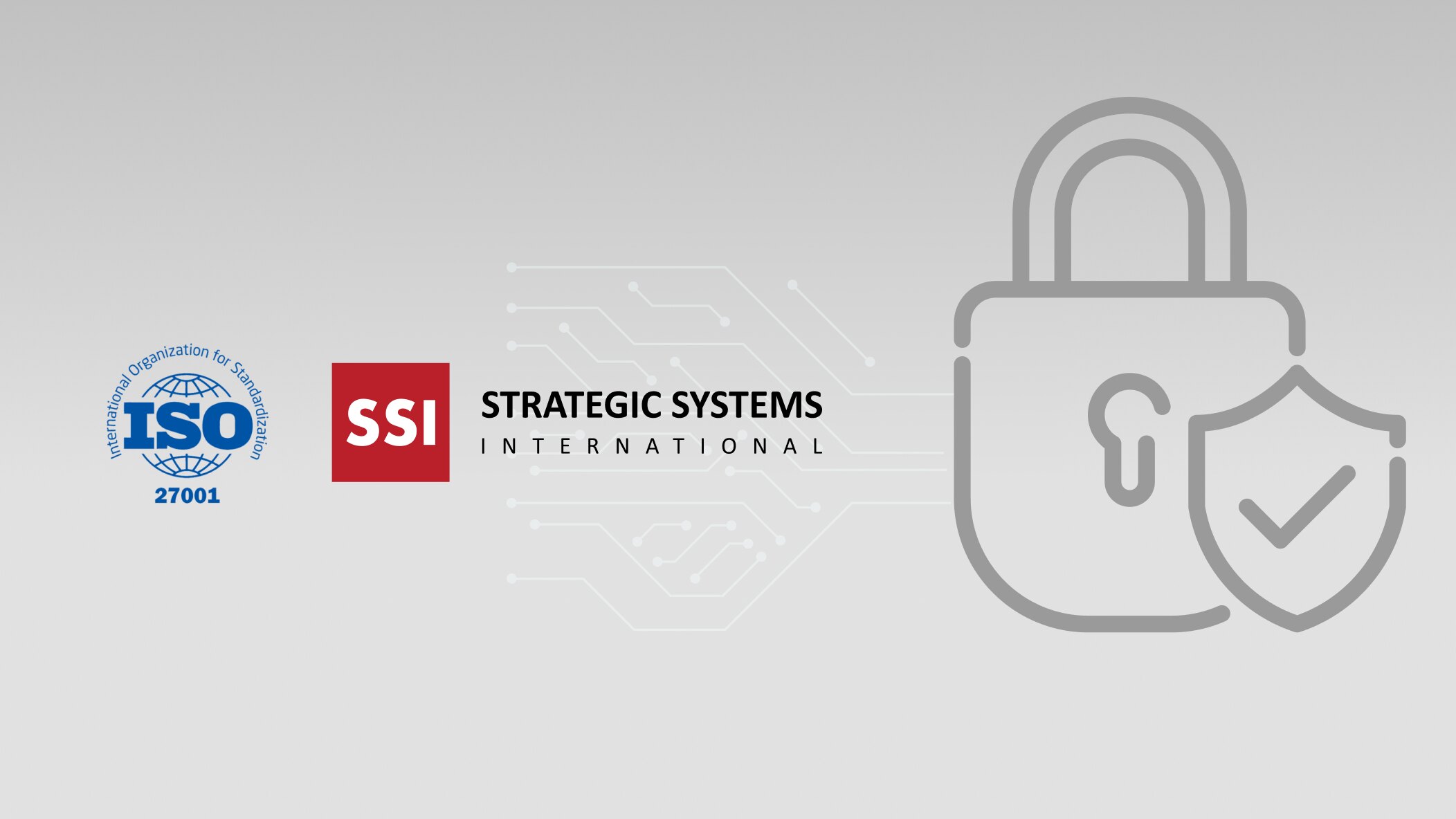Following are five of several ways to manage software supply chains and minimize risk:
Assess your pipeline
The first step is to get familiar with the structure and inflow of raw materials (software source, components, and packages). This helps organizations understand where components can be absorbed and as a result, enable them to place effective controls. A publicly available policy for usage of components and libraries shall help developers understand potential risks and develop software accordingly. Further, a model with enhanced security also restricts the unrestrained use of components and keeps vetted components on a repository server.
Do not allow bypasses
It has often been observed that developers with stringent deadlines evade security tests when building software. Organizations must make efforts to ensure their security protocols in the pipeline cannot be bypassed easily and also maintain quality. This is crucial because incompetently designed or governed pipelines result in unsatisfactory test coverage and repeatability. There are two solutions to overcome this i.e. i) using a ‘golden source’ to build pipelines and ii) using digital signing methods that help implement and substantiate the precision of the pipeline process. The pervasiveness of the cloud also helps embed supply chain security into pipeline building. Furthermore, a large number of tools exist to allow for real-time vulnerability scanning and making the build chain impenetrable against tampering and other external threats.
Use only the latest versions of components
The 2019 State of The Software Supply Chain Report identified a significantly higher defect rate (65%) in component releases that are old as compared to their newer counterparts. Research suggests that the best companies are 6.2 times more likely to use the most updated versions of their open-source components than their competitors. These companies can streamline their updating requirements because their DevSecOps teams schedule update dependencies as part of their daily work.
Use enforcement automation
While it is crucial to have standards and policies for open source components in place, it is not enough. Companies need to enforce those standards if they aim to minimize risk systematically and effectively. Findings of the 2019 State of The Software Supply Chain Report emphasized this factor for good reason – it showed an increase in developer adherence to standards by 150% by integrating DevOps practices with automated enforcement of policies. The most effective DevOps teams with the least number of open-source defect rates are 12 times more likely to have automated tools to track and manage policy compliance of open source dependencies.
Carry out regular evaluations
Successful DevOps teams have processes in place for how developers add new open source components. This includes keeping a check on how these are evaluated, approved and standardized. To further manage software supply chains seamlessly, these teams conduct regular checks to identify potential sources of open-source exposure in code. This facilitates security by helping to exclude known vulnerable dependencies. Also, it helps to reduce the attack surface of the code by removing unused open source dependencies.
Here at Strategic Systems International, we help boost IT infrastructure agility for your business, empower and improve internal collaboration between teams, ensure faster time to market, and improve overall productivity that results into enhanced customer satisfaction. Hiring a solution provider to reap the benefits of implementing DevSecOps can be helpful for your business in the longer run.
Accelerate your digital and product engineering capabilities through remote work!
As companies struggle to maintain business continuity and maintain their digital growth trajectory, we are fully prepared and experienced to partner.



